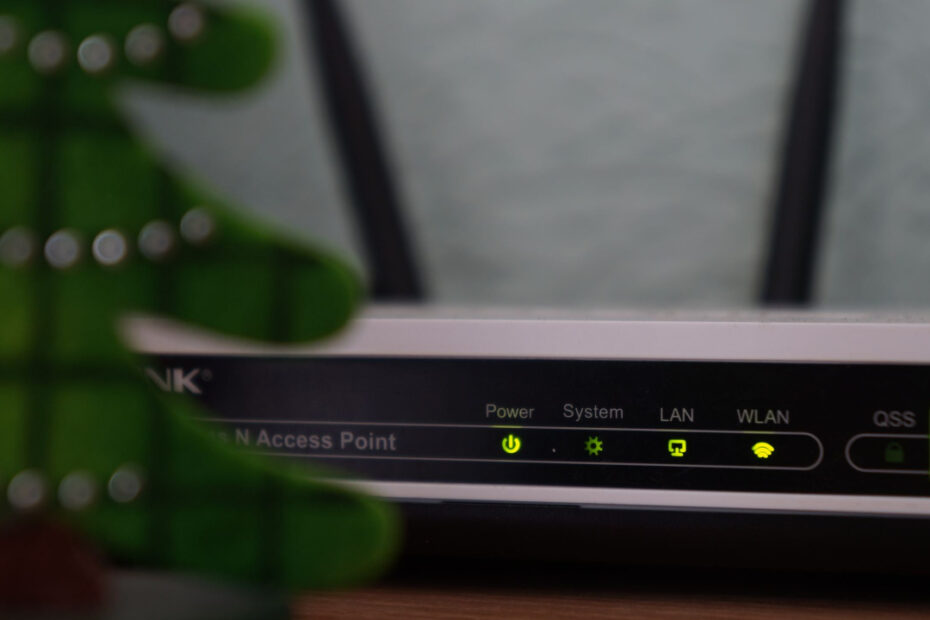Are you confused about the differences between a VPN service and a VPN router? Don’t worry; you’re not alone!
This blog post will look at both options and explain how they can help protect your online privacy.
Introduction to VPNs
A Virtual Private Network (VPN) is a secure connection between two or more devices when using public networks. It provides users with encryption and authentication, ensuring that data is kept private and secure.
What is a VPN Router?
A VPN router is a WiFi router with VPN software installed on it. This enables the user to connect all their WiFi and wired devices to the internet through the VPN, even devices that don’t support a VPN.
It provides the same benefits as a standard VPN service but with the added advantage of allowing multiple devices on your network to use the secure connection. Any device connected to the router will automatically enjoy the same level of online privacy and security.
Furthermore, configuring a VPN on a router eliminates the need to manually configure each device in your home or office with your VPN service.
Benefits of a VPN Router
The benefits of a VPN router are numerous, from added security to the ability to connect multiple devices to the same network. With a VPN router, you can protect all the devices on your network from malicious cyber threats and access local resources securely.
Furthermore, it allows you to save additional VPN connections for on-the-go usage. A VPN router is also beneficial for those who want to save money and time by avoiding the need for multiple VPN services.
Do You Need a VPN Router?
Do you need a VPN router? Depending on your individual needs, you may need a VPN router for its increased security and privacy. A VPN router allows you to connect multiple devices, such as your cell phone, smart TV, Xbox, tablets, etc., to the same location with encryption.
It is also beneficial for businesses to connect multiple users to the same location. Furthermore, a VPN router allows you to connect from anywhere worldwide and provides extra slots for more devices. Consider your current needs and goals before investing in a VPN router.
Is it Better to Use a Router as a VPN Server?
Using a router as a VPN server can be beneficial in some cases. It can offer increased speed, stability, and security to your network. With the right setup and configuration, you can be sure that your data is safe and secure.
Additionally, if you want more control over your VPN server’s settings, a router might be the way to go.
However, there are also some drawbacks that you should consider before making a decision. For example, it may require more technical knowledge to configure a router as a VPN server, and it may not support all of the features offered by a dedicated VPN service.
Pre-Flashed vs. Unflashed Routers
When setting up a VPN router, you have two options: pre-flashed routers and manually flashed routers.
Pre-flashed routers are already pre-configured with a specific VPN, while manually flashed routers require you to configure the router. Pre-flashed routers offer more convenience but not as much customization as manually flashed routers.
When considering which is the best option for you, consider your level of technical expertise and how much time and effort you are willing to devote to the installation and setup process.
How to Setup a VPN Router
Once you have chosen the right model for your needs, setting up a VPN router is relatively straightforward. All you need to do is follow the instructions provided by your VPN service or router manufacturer.
Be sure to read through all the steps carefully, as some routers require additional steps that may not be included in the instructions. Additionally, some services offer dedicated setups for their routers to make installation even easier. With a pre-flashed router, you can plug it in and start using it immediately!
9. What Routers Support VPN Pass-through?
In addition to finding a compatible router, you may also consider routers supporting VPN pass-through. This feature allows you to connect to the internet and maintain a secure connection, even when your device is behind a router. The most common routers that support VPN pass-through are DD-WRT and Tomato routers, so check if your router is compatible before investing in a VPN service.
Conclusion
In conclusion, a VPN router and service offer increased internet connection security. A router offers network-wide protection and can be set up to protect multiple devices simultaneously. A VPN service is more limited and only protects one device simultaneously.
However, a VPN service can be configured on a router to extend its benefits, giving you the best of both worlds. Before deciding whether to get a VPN router or a VPN service, consider what you need for your network and weigh the pros and cons of each option.




